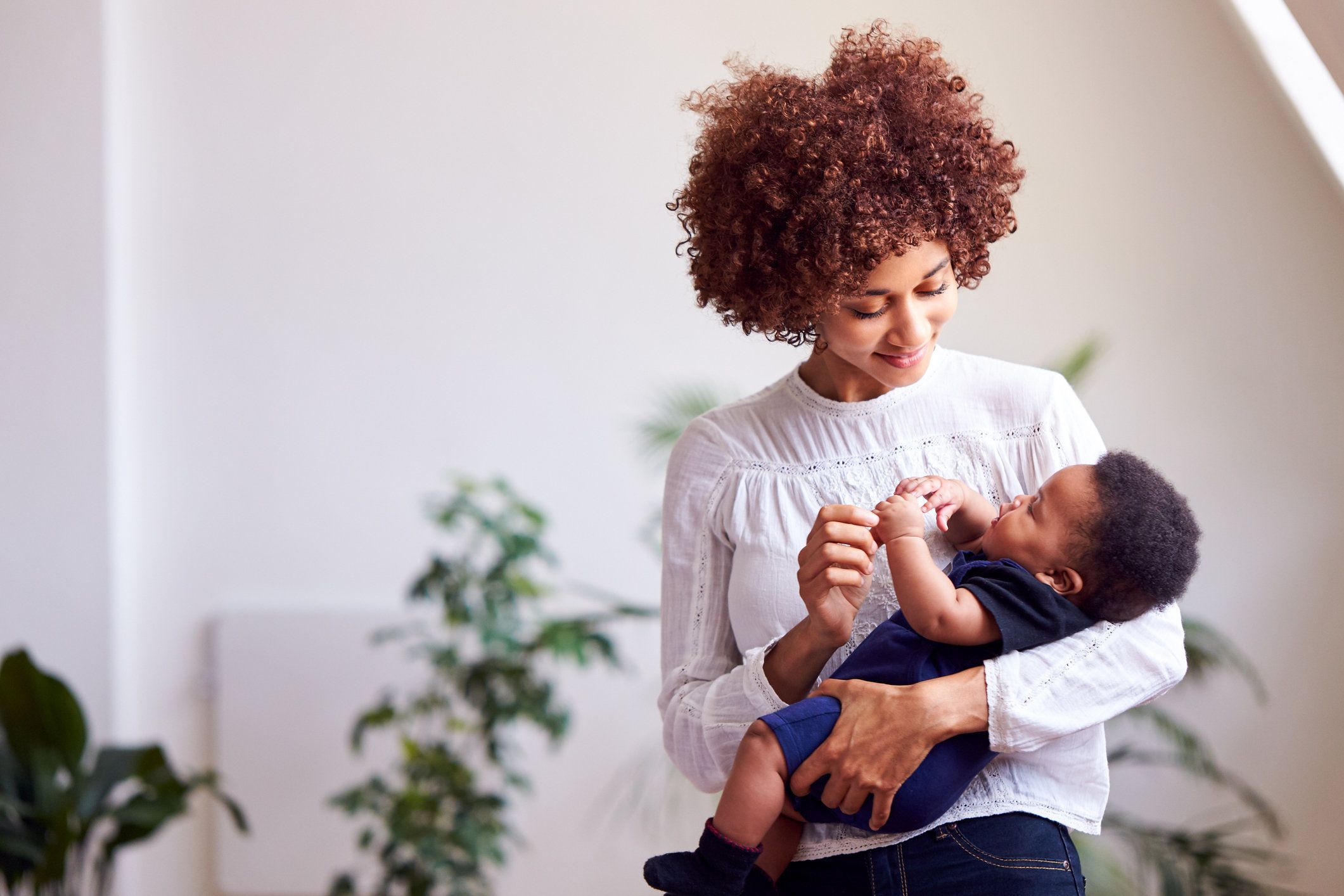Who can help prevent the spread of disease to babies by getting vaccinated?
- Parents
- Siblings
- Grandparents
- Babysitters and nannies
- And other caregivers
Newborns do not yet have fully developed immune systems, making them particularly vulnerable to infections. Because of this, anyone who is around babies should be up to date on all routine vaccines, including:
- Whooping cough vaccine (DTaP for children and Tdap for preteens, teens, and adults)
- Flu vaccine during flu season
Whooping cough vaccine for those around babies
Whooping cough is most dangerous for babies, and they do not start getting their own whooping cough vaccines until they are 2 months old. The best way to protect newborns from whooping cough is to make sure pregnant women get a whooping cough shot (called Tdap vaccine) during each pregnancy. Others can also help protect newborns by making sure they have gotten all the recommended whooping cough shots.
- If a child will be around the baby and is not up to date with their whooping cough shots (called DTaP vaccine), they should get vaccinated.
- Preteens, teens, and adults who will be around the baby and have not already had a whooping cough booster shot (called Tdap vaccine) should get vaccinated.
- If a teen or adult will be around the baby and has already had a Tdap vaccine, they do not need to get vaccinated again.
Flu vaccine for adults around babies
Babies younger than 6 months are at high risk of serious flu complications but are too young to receive a flu vaccine. Here's how to protect the baby from flu:
- Before the baby is born, the mother should get a flu shot while she is pregnant to protect herself from the flu and protect the baby from flu illness for the first several months after birth, when they are too young to get vaccinated.
- Everyone who cares for the baby (for example, parents, siblings, teachers, babysitters, nannies) should get vaccinated during each flu season.
Family and caregiver vaccine timing
Anyone who needs the whooping cough or flu vaccines should get them at least two weeks before meeting the baby because it takes about two weeks to develop antibodies after vaccination.
When one member of a household has a respiratory illness, other members are at risk for getting ill, too. Researchers have:
- identified siblings and parents as the most common sources of whooping cough infection in young infants.1
- found that many other people can get babies sick, including grandparents, caregivers, and friends of the family.
When everyone's vaccinations are up to date, parents can feel more secure about the safety of their child.
Note from Dr. Mary Jane Minkin, a clinical professor in the Department of Obstetrics, Gynecology, and Reproductive Sciences at the Yale University School of Medicine and a member of HealthyWomen's Women's Health Advisory Council. Tdap is a combination vaccine that protects against tetanus, diphtheria and pertussis. We recommend reviewing your vaccination history with your Ob-gyn at your preconception visit.
References
Skoff TH, Kenyon C, Cocoros N, et al. Sources of infant pertussis infection in the United Statesexternal icon. Pediatrics. 2015;136(4):635–41.


